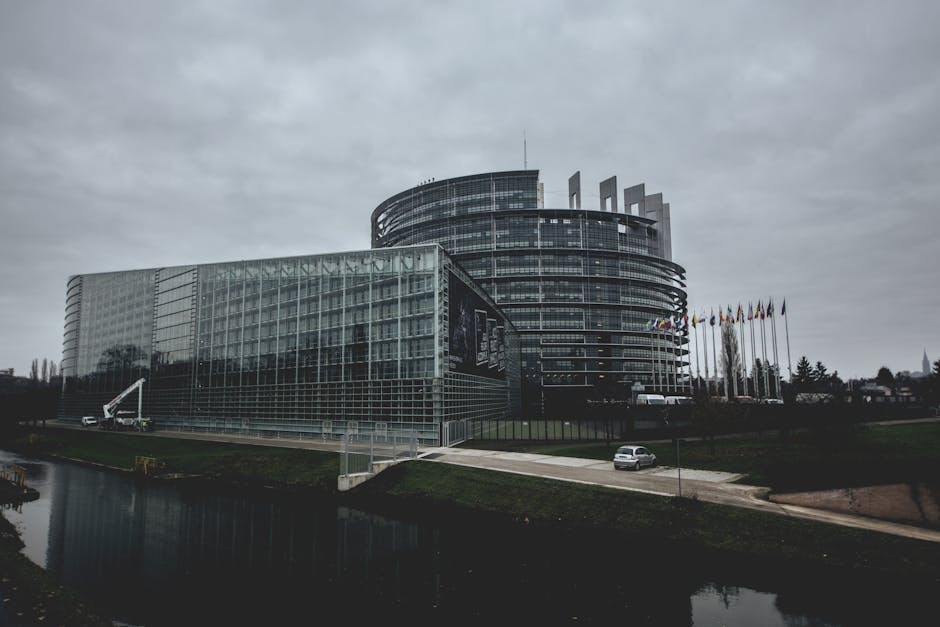The global landscape is in constant flux, marked by intertwined challenges and opportunities. International cooperation, the bedrock of shared prosperity and peace, faces a complex and evolving future. Understanding the forces shaping this future requires a multifaceted analysis, exploring not only traditional avenues of collaboration but also emerging trends and potential pitfalls.
A critical aspect of this evolving picture is the undeniable rise of nationalism and populism. In many nations, a retreat from international commitments and a prioritization of national interests are observable trends. This shift is compounded by a perceived lack of efficacy in existing international organizations and mechanisms. The efficacy of bodies like the United Nations is frequently questioned, especially regarding their ability to respond effectively to crises such as war, famine, and pandemics. This sentiment fosters skepticism regarding multilateralism, potentially hindering future cooperative endeavors.
However, contemporary challenges demand a global response. Climate change, pandemics, and economic instability transcend national borders, requiring collective action for effective mitigation. The interconnected nature of these problems is arguably the strongest argument for continued international engagement. A unified, coordinated global response to environmental threats, for example, is essential for minimizing damage. Failure to act collectively would lead to catastrophic consequences for all nations.
A noteworthy point lies in the changing power dynamics in the international arena. The rise of new global powers, coupled with the relative decline of traditional powers, fundamentally alters the balance of influence. This shift necessitates new negotiating strategies and frameworks within international organizations. Existing structures must adapt to accommodate these evolving power dynamics, fostering a more equitable and representative system. This adaptation isn’t about dismantling the existing order, but rather about evolving it to reflect current realities.
Furthermore, technological advancements are significantly influencing the dynamics of international cooperation. Digital communication platforms and artificial intelligence offer unprecedented opportunities for collaboration across geographical and cultural boundaries. However, the proliferation of misinformation and the potential for cyberattacks pose significant risks to the trust and reliability of international interactions. Finding appropriate mechanisms to safeguard against such threats while harnessing the transformative potential of technology becomes a crucial aspect of future international cooperation.
The role of non-state actors must also be considered. Non-governmental organizations (NGOs) and multinational corporations have become increasingly influential players in shaping international agendas and driving cooperation in areas like humanitarian aid and environmental protection. Their unique expertise and resources can significantly bolster international efforts, particularly when governments struggle to coordinate or act effectively. The integration of these diverse stakeholders requires new approaches to collaboration and accountability.
Economic interdependence continues to be a driving force behind international cooperation. Globalization has fostered economic linkages that make unilateral action increasingly impractical. The need for coordinated economic strategies to combat global economic crises, such as the recent pandemic-induced recession, has highlighted the crucial role of international institutions and agreements in addressing shared economic challenges.
Security concerns and the challenges of conflict resolution continue to be central themes. The proliferation of weapons, terrorism, and regional conflicts necessitate a concerted international effort to maintain global security. International cooperation is essential for preventing conflicts, fostering peaceful resolutions, and addressing the root causes of violence. Moreover, international norms and institutions that support the rule of law are crucial for upholding global security.
The future of international cooperation is not predetermined. It will be shaped by the choices and actions of individuals, governments, and organizations. The success of future endeavors depends on acknowledging both the challenges and the opportunities presented by the evolving global environment. It requires a willingness to adapt, innovate, and embrace new forms of collaboration. This will necessitate prioritizing multilateralism, fostering trust amongst nations, and recognizing the critical roles of non-state actors and technology. The global community must engage in a proactive and collaborative approach to forge a future defined by shared progress and sustainable peace.
In conclusion, the future of international cooperation demands a nuanced and multifaceted understanding of the forces at play. Addressing the rising nationalism, leveraging technological advancements, incorporating non-state actors, acknowledging changing power dynamics, and reinforcing economic interdependence are all crucial elements in this complex tapestry. Ultimately, the future of international cooperation hinges on the ability of nations to prioritize collective action in the face of global challenges, ensuring a future marked by cooperation and shared prosperity.
